Simple French for Travellers
Today we are learning some basic structures and vocabulary you will need when travelling. We will focus on the various situations you can find yourself in during your trip.
Where audio files are available, we advise you to practice the pronunciation by repeating a minimum of 3 times, for your brain to assimilate the structure.
I/ Make contact.
Probably one of the things you'll have to do the most during your travel.
Don't neglect a nice "Bonjour ! " (Hello!) with a smile, as it determines your first impression on people. When you can't speak the language fluently, use your non-verbal communication skills to make people feel inclined to help you, regardless of your pronunciation skills...
Here keep in mind we are using the formal "vous". Use the audio files to perfect your pronunciation!
|
VOUS |
English |
|
Excusez-moi,
|
Excuse-me, / Pardon me, |
|
Pouvez-vous m'aider ?
|
Could you help me? |
|
Je cherche ...
|
I'm looking for ... |
|
Vous connaissez ...
|
Do you know ... |
II/ Asking for information - question words.
This is another big part of your trip, as you'll most likely rely on local people when you are lost or when you need to buy something. Here we give you all question words in French. They may be translated or used differently, so look at the English column and read the examples carefully.
|
French |
English |
|
Quel / Quelle Quels / Quelles
|
Technically "which", though widely used for the English translation of "what -" Note the gender variations and plural forms.
|
|
Où
|
Where |
|
Qui
|
Who |
|
Comment
|
How |
|
Combien (de)
|
How much How many
|
|
A quelle heure
|
What time |
|
Quand
|
When |
|
Quoi / Que / Qu'est-ce que
|
What (full stop). NOT "what -" (see "Quel" and "What time").
|
|
Pourquoi
|
Why |
Examples:
A quelle heure est le prochain train pour... ?
What time is the next train to...
Combien ça coûte ?
How much is it?
C'est quelle voie pour ce train ?
Which platform for this train?
Où est l'hôtel le plus proche ? Le commissariat de police ? L'hôpital ?
Where is the nearest hotel? Police station? Hospital?
Il y a un restaurant végan ici ?
Is there a vegan restaurant near here?
III/ If you are lost.
A very important point indeed. Here are phrases you can use when you need help finding your way. We thought it wise to also give you one or two phrases to say that you have lost something.
|
French |
English |
|
Je suis perdu(e).
|
I am lost. |
|
Je dois trouver mon hôtel.
|
I need to find my hotel. |
|
J'ai perdu mon groupe de voyage.
|
I got lost/separated from my travel group. |
|
Je ne trouve pas la gare.
|
I can't find the train station. |
|
J'ai perdu mon passeport.
|
I've lost my passport. |
|
Je ne trouve plus mon billet de train/d'avion.
|
I can't find my train/plane ticket anymore. |
|
Vous pouvez m'aider à le/la trouver ?
|
Can you help me find it? |
|
J'ai laissé mon ticket au café.
|
I've left my ticket at the café. |
IV/ If in danger.
Though we do hope you will never need those, let's agree it is better to be safe than sorry. So here are a few phrases you can use when you feel threatened or in danger.
We also give you the French emergency phone numbers just in case.
Do not skip the pronunciation on these audio files.
|
French |
English |
|
J'ai besoin d'aide.
|
I need help. |
|
J'ai besoin d'un docteur/d'une ambulance.
|
I need a doctor/an ambulance. |
|
Pouvez-vous m'aider ?
|
Can you help me? |
|
J'ai eu un accident.
|
I had an accident. |
|
J'ai mal (à) la jambe, la tête, au ventre, au dos, au bras.
|
My leg, head, stomach, back, arm hurts/is sore.
|
|
Je suis malade.
|
I'm sick/ill. |
|
Il y a un feu.
|
There's a fire. |
Remember that for medical, fire and police emergencies, there's a European number that can be reached free of charge from landlines as well as mobile phones: 112.
They can attend to you in English.
Here is a short list of phone numbers for embassies in Paris:
US: +33(0)1 43 12 22 22
Canadian: +33(0)1 44 43 29 00
British: +33(0)1 44 51 31 00
Irish: +33(0)1 44 17 67 00
Australian: +33(0)1 40 59 33 00
New Zealand: +33(0)1 45 01 43 43
South African: +33(0)1 53 59 23 23
Thanks for visiting!
Some other stuff here
This Course
Travel French
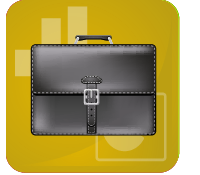
All the French you'll need (well, nearly all) when you are travelling in a French-speaking region.
Other sections in this course
General Travel French
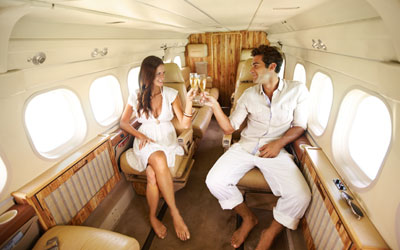
There's a little bit of everything in this section. We politely draw readers' attention to our fantastically comprehensive class on giving and asking directions in French. It's a real belter!
In the Hotel
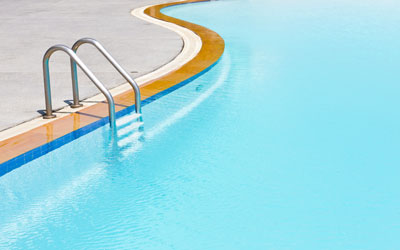
Going to a French-speaking country on holiday or for business? Here's our language survival guide to hotels and other forms of accommodation.
Restaurants and Bars

Welcome to our section on French for restaurants and bars. In the classes on this course we'll cover all the French we need to successfully communicate with the waiter or barman. In passing, we'll also learn tonnes of French vocabulary related to food and cooking.
Transport
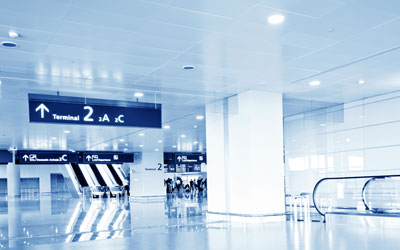
sec intro
Shopping

Who doesn't visit a shop when they are on holiday? Whether it's shopping for Cartier jewellery on a plush Paris boulevard or just buying your daily bread from the local baker, you'll need a minimum of French in order to get by.
General Travel French
Other classes in this section:
Asking and Giving Directions
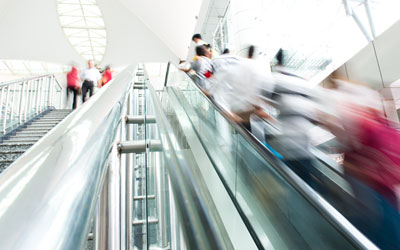
Everything you need to know about asking for directions in French, and understanding the response.
Museums, art galleries, etc, etc

If museums and art galleries are your thing, then this is the class for you. We take a look at the essential vocabulary you'll need to talk about art and culture, as well as the practical language you need when you visit cultural attractions.
Simple French for Travellers

nothing
